Deadnaming is the act of referring to someone by the name they no longer use, and if junior Ren Olson had to come out as transgender again today, he said there would be a possibility he would choose to keep his dead name.
“(If) I knew that the school was going to tell my parents (about my desire to change my name and pronouns) and I didn’t want to tell them, I would’ve been so terrified,” Olson said. “I probably would’ve just kept with my dead name and the wrong pronouns and just kept presenting as the wrong gender identity that isn’t the person that I actually am.”
Olson represents one perspective of the debate on whether or not schools should notify parents if their child asks to change their name or pronouns. On Feb. 20, the House Education Committee passed House Bill 1608 (HB 1608) an ongoing bill that would require schools to notify parents of a student’s request to change their name or pronouns. On April 11, the Senate amended the bill to eliminate the need for parental consent and softened the language to parental notification instead. As of April 28, the House passed the bill, which will now head to Governor Eric Holcomb’s desk.

For this school, the bill—passed or not—will not impact the school’s process of changing names. According to Assistant Principal Maureen Borto, the school already involves the parent or guardian if a student asks to change their name or pronouns.
Borto said, “As a school, we would still notify a parent (even if the student did not want their parent to be notified) just because when you’re still within the school setting, your parent is your educational guardian even if (the student) turned 18.”
However, for sophomore Lynn Perrin’s part, she said this policy should change.
“Not everyone has a safe environment at home, and the policy currently only makes it more dangerous for queer students,” she said. “I am very grateful for the mostly supportive environment at CHS, but I was only allowed to change my name with my parents’ permission. Luckily, I had supportive parents, but that isn’t the case with everyone.”
Olson said he agreed with Perrin. For Olson, he said his parents were initially unsupportive, which made the process of changing his name and pronouns more difficult.
“(When) I tried to get my name changed in the (school’s) system, my counselor did tell my parents—thankfully, they already knew about it,” Olson said. “But, it made it so much harder because I had to convince my parents and convince them that (my name) was going to change. I had to stand my ground and stuff like that.”
Moreover, Caitlyn Mount, Gender and Sexuality Alliance vice president and junior, said notifying a parent of a name or pronoun change carries an unnecessary negative connotation.
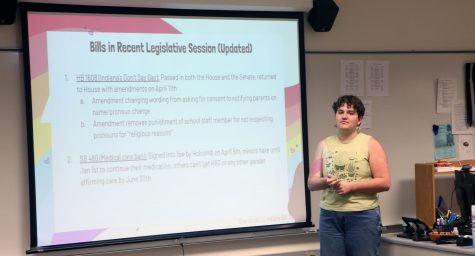
Mount said, “It feels like when schools want to report (name or pronoun changes to parents), it feels kind of similar to reporting a problem like a drug addiction or violent behavior or mental health issues. It feels something like that and those are all very negative things. I don’t think that the way students express themselves is inherently negative.”
Still, despite those arguments, Borto said communication between the school and parents is important.
Borto said, “I think communication at home with parents or guardians is essential in regards to anything whether it’s specific to a student or just in terms of a policy we’re doing or a change in something. A parent or a guardian may not always agree with something that we’re doing at the high school, but they understand what’s happening, why it’s happening and what it looks like.”
Additionally, Borto said there can be a balance between recognizing parents’ rights to know of such changes and supporting students in the process.
Borto said, “We will involve (parents and guardians), so we work with the student in determining when. Is it right after the first conversation? Do they want to go home and talk with their parents and then have us reach out?
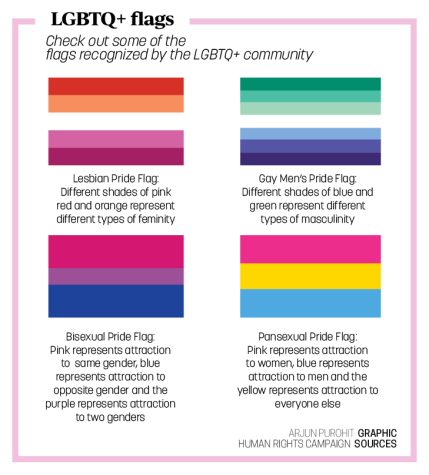
“(Even if the parents do not support the change), we would still change it based on the student’s choice,” she added. “We want to support any student no matter what they’re going through or dealing with or the choices they’re making.”
On the other hand, Perrin said she cannot see the potential for such balance in the bill.
“No matter what form this bill takes, it is still harmful to students. It restricts their education and enforces toxic parenting,” she said.
While Olson said he can see the school’s perspective in needing to communicate with parents, he said the bill and the school’s policy overlook the effects of outing someone to their parents.
“I think (there can be balance), but I think the safety of the student should be valued more than the parents’ rights in education,” he said. “Coming out should always be on your own terms. (There are factors) that can make it harder for someone who is outed and who wasn’t ready to come out like bullying, abuse, insensitive comments, hate speech (and) all this stuff. When you come out, you accept that those things can and probably will happen to you. But, if you’re outed, you aren’t ready for the world to know (your identity), and you aren’t ready to deal with those things.”
Ultimately, Olson said recognizing someone’s gender identity, name and pronouns is important.
“(I get misgendered) every day,” he said. “Depending on when it happens and what I’m going through on (that day), sometimes I can just let it roll off my shoulder, (but) sometimes it ruins my entire day. It can be so hurtful, especially when it’s your friend, just for them to be like, ‘She—Oh wait no, he. Sorry. I’m so sorry.’ Just to know that they don’t see you as your gender identity, it’s incredibly hurtful.
“(This bill is) going to make it a lot harder for those kids to recognize their identities, and it’s going to increase the stigma around LGBT identities,” he added.

HB 1608 also highlights the growing number of anti-LGBTQ legislation nationwide, especially targeting minors. In fact, according to the American Civil Liberties Union, there have been 467 anti-LGBTQ bills proposed just this year.
In light of the increasing anti-LGBTQ legislation, Mount said people should respect the rights of LGBTQ individuals. LGBTQ individuals, Mount said, are humans.
“I think that these bills really create an ‘us versus them’ narrative, which I think is really harmful towards the (LGBTQ) community because (LGBTQ) people are everywhere,” Mount said. “They’re not just some demons that lurk in the shadows. They’re your students, your classmates, your peers, your friends and your family.”










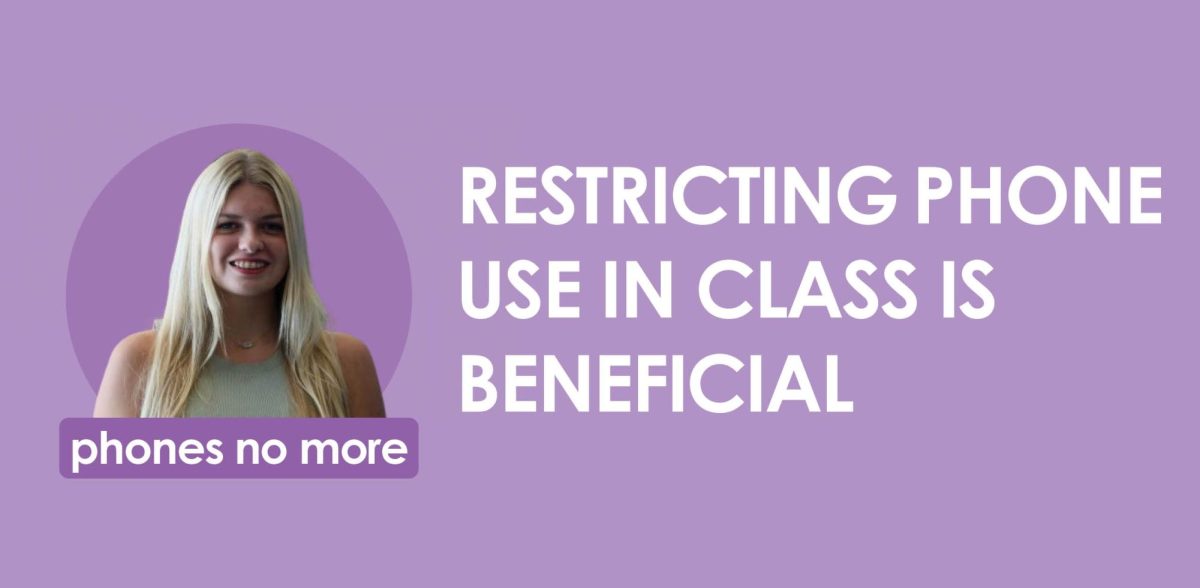
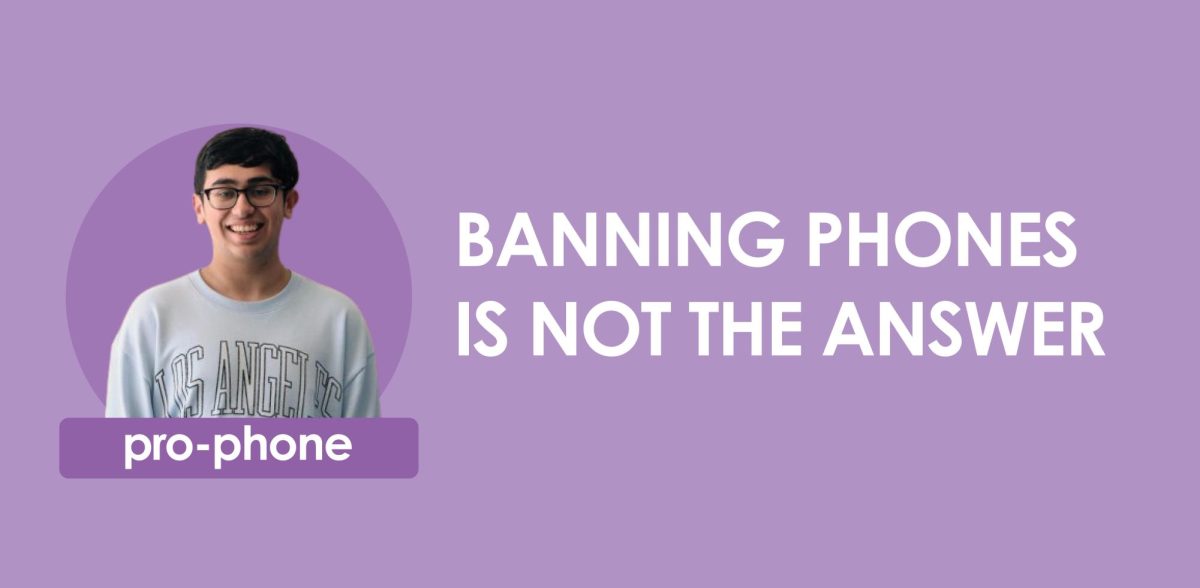


















![Family vlogger controversy, need for content reform [opinion]](https://hilite.org/wp-content/uploads/2024/05/Screenshot-2024-05-14-11.33.37-AM-1200x465.png)





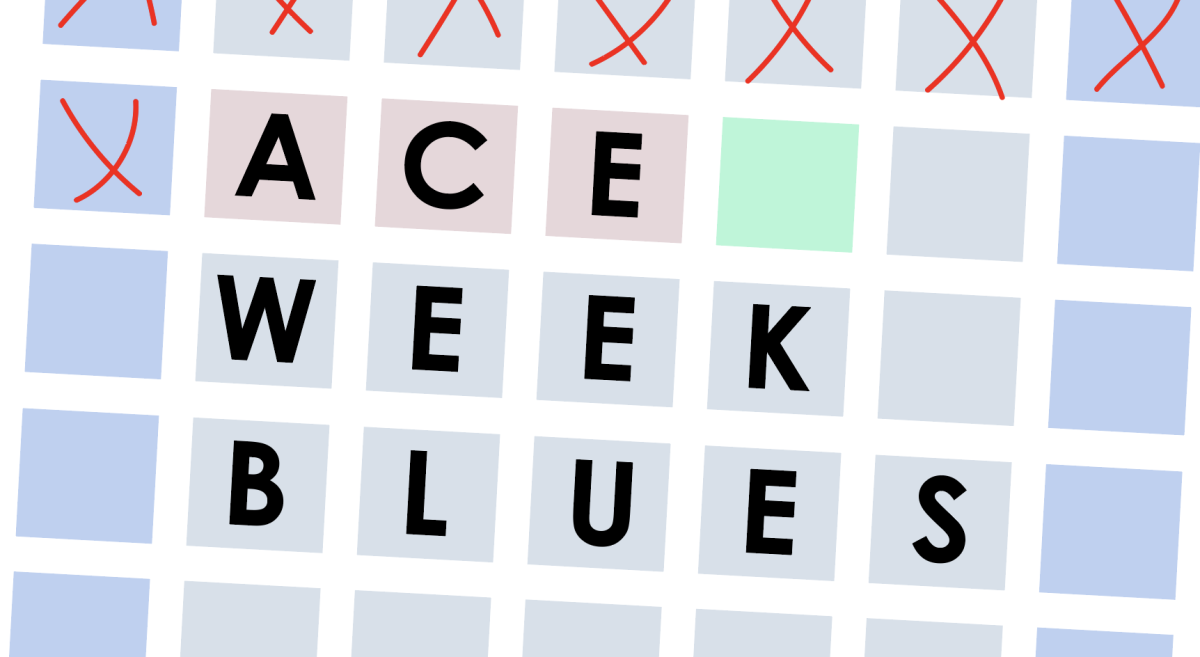








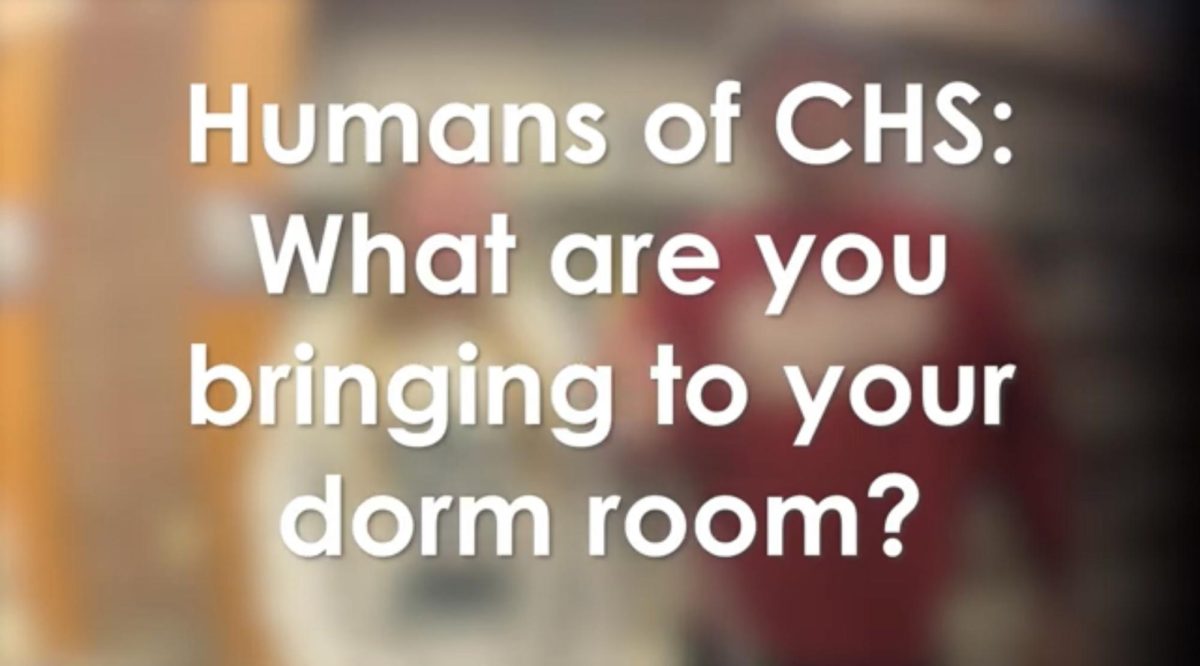













![Review: Taylor Swift’s new album The Tortured Poets Department is not her best work but is still a brilliant album [MUSE]](https://hilite.org/wp-content/uploads/2024/05/The-Anthology_Cover-1200x675.webp)
![Review: Challengers does it all [MUSE]](https://hilite.org/wp-content/uploads/2024/05/challengers-poster-1200x600.png)
![Review: A House of Flame and Shadow by Sarah J. Maas was a disappointing read [MUSE]](https://hilite.org/wp-content/uploads/2024/05/house-of-flame-and-shadow-feature.png)
![Review: Conan Gray’s new album, “Found Heaven”, is a refreshing twist on modern music [MUSE]](https://hilite.org/wp-content/uploads/2024/05/Screenshot-2023-10-31-at-16.01.05.webp)
![Review: “Bodies, Bodies, Bodies” is the quintessential Gen-Z movie [MUSE]](https://hilite.org/wp-content/uploads/2024/05/Screenshot-2024-05-15-140618.png)
![Review in Print: Maripaz Villar brings a delightfully unique style to the world of WEBTOON [MUSE]](https://hilite.org/wp-content/uploads/2023/12/maripazcover-1200x960.jpg)
![Review: “The Sword of Kaigen” is a masterpiece [MUSE]](https://hilite.org/wp-content/uploads/2023/11/Screenshot-2023-11-26-201051.png)
![Review: Gateron Oil Kings, great linear switches, okay price [MUSE]](https://hilite.org/wp-content/uploads/2023/11/Screenshot-2023-11-26-200553.png)
![Review: “A Haunting in Venice” is a significant improvement from other Agatha Christie adaptations [MUSE]](https://hilite.org/wp-content/uploads/2023/11/e7ee2938a6d422669771bce6d8088521.jpg)
![Review: A Thanksgiving story from elementary school, still just as interesting [MUSE]](https://hilite.org/wp-content/uploads/2023/11/Screenshot-2023-11-26-195514-987x1200.png)
![Review: When I Fly Towards You, cute, uplifting youth drama [MUSE]](https://hilite.org/wp-content/uploads/2023/09/When-I-Fly-Towards-You-Chinese-drama.png)
![Postcards from Muse: Hawaii Travel Diary [MUSE]](https://hilite.org/wp-content/uploads/2023/09/My-project-1-1200x1200.jpg)
![Review: Ladybug & Cat Noir: The Movie, departure from original show [MUSE]](https://hilite.org/wp-content/uploads/2023/09/Ladybug__Cat_Noir_-_The_Movie_poster.jpg)
![Review in Print: Hidden Love is the cute, uplifting drama everyone needs [MUSE]](https://hilite.org/wp-content/uploads/2023/09/hiddenlovecover-e1693597208225-1030x1200.png)
![Review in Print: Heartstopper is the heartwarming queer romance we all need [MUSE]](https://hilite.org/wp-content/uploads/2023/08/museheartstoppercover-1200x654.png)






















![Review: “Ginny & Georgia” is a dramatic and poorly made emotional rollercoaster–and I loved it anyway [MUSE]](https://hilite.org/wp-content/uploads/2024/03/ginny-and-georgia-season2-main-be37bbb9487a41e88b3f66c3baacd5c3-300x177.jpg)
![Review: Witch Hat Atelier is a masterpiece in art and world-building, but the story has only begun [MUSE]](https://hilite.org/wp-content/uploads/2024/01/unnamed-211x300.png)
![Review: “Mysterious Lotus Casebook” is an amazing historical Chinese drama [MUSE]](https://hilite.org/wp-content/uploads/2024/03/0-300x170.webp)
![Review: “A Little Life” by Hanya Yanagihara is the epitome of a heartwrenching masterpiece [MUSE]](https://hilite.org/wp-content/uploads/2024/01/unnamed-5-300x200.png)

